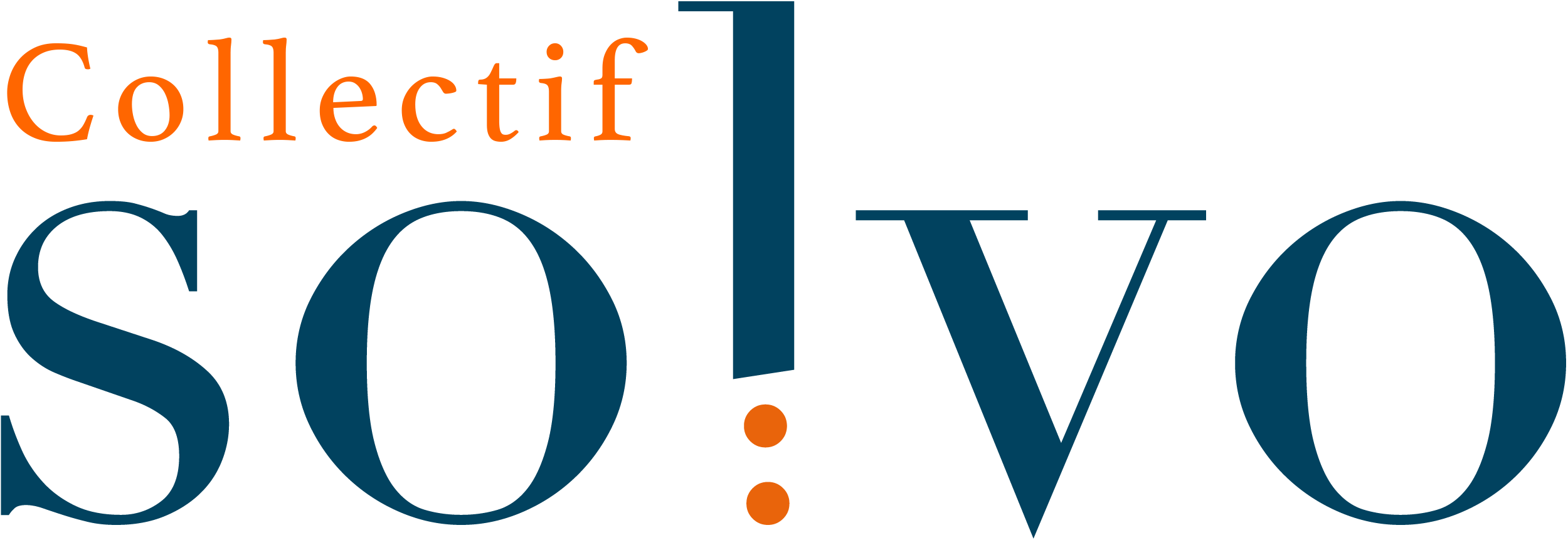
“I cannot depend on donors. We have to stand on our own two feet, be sustainable and empower our community.” – Published in L’Orient Today
Founded after the blast in 2020, NGO Teta w Jeddo first relied on private donors. However, “we experienced difficulties in securing their loyalty over the years, and some of them decreased their donations, citing the war in Armenia and in Ukraine”, Father Guillaume Bruté de Rémur, president and member of the supervisory board of Teta w Jeddo, says. Located in Beirut’s Ain Al Remmaneh, this NGO supports 150 underprivileged elderly, providing them with food relief and visits. As of January, it has received enough funding to ensure the continuation of their operations until June.
“However these fundings always come with a drawback: they are temporary. We need to look for some other funding for the rest of 2024.”
Funding is key to start a social enterprise
To exit this cycle, Teta w Jeddo is in the process of applying to calls for proposals targeting organizations that want to create income-generating activities. Several projects are in the pipeline, with one shared aim: generating revenue, with all profits going to support Teta w Jeddo’s day-to day running, making the NGO financially independent from private donors, and in the best-case scenario, to become entirely independent from external funding. Bruté de Rémur’s main idea is to launch a non-profit service of personal assistants for the elderly.
“Lebanese are ready to pay for professional assistance to their parents and grandparents, especially when they live abroad. I want to create this profession in Lebanon, thereby ennobling domestic work and providing a fair alternative to the kafala system”, he explains. The generated profits would, in turn, support Teta w Jeddo’s food relief activity and personal assistance service to elderly who cannot afford them.
“The key to starting this project is to receive funding to develop it.” Bruté de Rémur is currently awaiting responses on this front.
This first step was successfully taken by Ahla Fawda, who received $70,000 through grants, private sector and private donations to start a social enterprise. Located in Hamra, Ahla Fawda feeds 30 families per week, and organises cultural and environmental activities.
Last May, the NGO started an “eco-hub”. On a piece of land that was given to them in the heart of Hamra, Ahla Fawda is in the process of transformation, from an NGO that relied solely on private donations to a social enterprise that generates revenue to partially cover the costs of their food relief activity.
From this eco-hub, whose upcycled shipping containers will serve as a grocery store, an educational center and a waste sorting facility, Imane Assaf, head of Ahla Fawda, explains the concept of her social enterprise.
“Starting from February, the beneficiaries of our food relief activities will come to the eco-hub. They are asked to bring recyclables, which fosters a culture of environmental responsibility. In exchange, they are invited to select items they need from a range of products: food, clothes, books, etc.”
The waste will be sorted by ReFuse, another social enterprise promoting a zero waste approach. This partner organisation will then sell the recyclables to private companies, and will remunerate Ahla Fawda accordingly. Turning waste into money is the desired funding model of Ahla Fawda.
“In December 2023, we collected 2,5 tons of recyclables, which covers the costs of 6 to 7 food parcels”, Assaf details. Aware that the beneficiaries will not be able to gather enough recyclables to cover the costs of their own needs, her NGO has turned to local pubs, businesses and one hospital who give Ahla Fawda their recyclables. She anticipates that this activity, as well as workshops and events, will contribute to Ahla Fawda’s budget, which amounted to $250 000 in 2023, and thus will help sustain the food relief operations.
The process is costly, but “it is a long-term solution”, Assaf believes. “I cannot depend on donors. We have to stand on our own two feet, be sustainable and empower our community – receiving can also be a trap for dignity”, she stresses.
Her organization has faced “donor fatigue, as well as a lack of trust from donors who see the state of the country and wonder, where did all the aid go?”. “In 2020, the blast and the crisis had a consequence: donors were generous, but since 2021, the funding has decreased while the needs have doubled.”
She also points out the complexities of responding to calls for proposals, and “the high competition among local NGOs” to access funding.
Imane Assaf admits with a smile that she started this social enterprise “without knowing that it was called like this”. “There is no legal definition of a social enterprise in Lebanon”, Alain Daou says. The Dean of Faculty of Business at the American University of Beirut – Mediterraneo, located in Paphos, Cyprus, indicates that “a social enterprise has to pursue a social or environmental mission which should be at the core of the business model, and has to be as self-sufficient as possible”.
The researcher stresses that “most social enterprises fail because there is no long-term investment in them”. According to his estimation, there are a maximum of 200 social enterprises existing for more than three years in Lebanon – among them Arcenciel or Fabric Aid.
“I think we’ve found our solution, and I would encourage all the NGOs in Lebanon to do the same!” Maya Ibrahimchah, founder of Beit El Baraka, sitting on one of the comfortable sofas of Beit Kanz restaurant, says. In 2019, she founded Beit El Baraka, a food relief organisation for the elderly. For some years, this NGO was primarily relying on donations from the diaspora in the United States. In 2023, expatriates were still covering 80% of the annual budget, amounting to 5 million dollars.
The Lebanese context acting as a limitation
“The diaspora contributed a lot, however they also have to provide for their family in Lebanon: they are not able to give as much anymore”, she underlines. Facing a decrease in donations, she started Kanz, a social enterprise, late 2021. It produces Lebanese traditional mouneh, as well as other crafts. Beit Kanz restaurant, flagship of Kanz, opened in October, 2022.
By the end of 2022, Kanz was able to transfer 100% of its profits to Beit el Baraka, amounting to $50 000. “We are projecting that we will need three years for Kanz’s profit to cover our NGOs’ running costs, which amounts, for 2023, to $500 000”, Ibrahimchah projects.
While extremely enthusiastic, she realises that the unstable security situation in Lebanon is a threat to her funding model. “Until October, the financial reserve to be sent to Beit el Baraka for 2023 amounted to $300 000. Unfortunately, when the war started in Gaza, the restaurant and the two Kanz shops were completely emptied, until mid-november, leading to an important loss of revenue. We had to use part of the reserve to cover the salaries, the electricity and the fuel, the VAT… in addition to having to throw away large amounts of food. We are now left with 122 000 dollars in reserve.”
Despite the challenges, the founder turned social entrepreneur says that “we cannot always anticipate another crisis or another war. When we opened the restaurant in 2022, everyone told me that the timing was poor. And yet it works!”
Laure Delacloche

